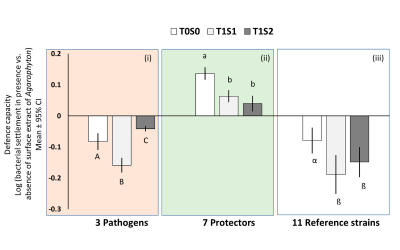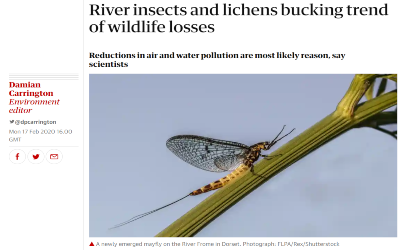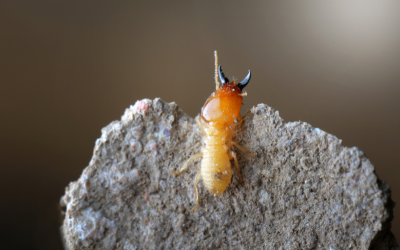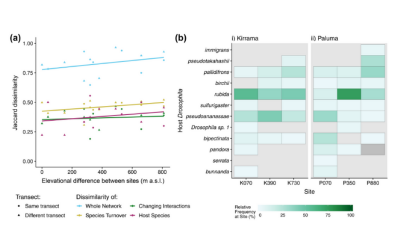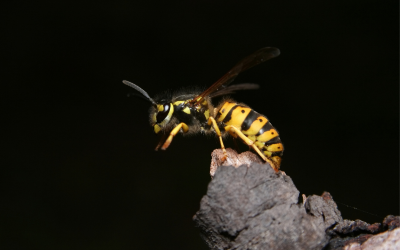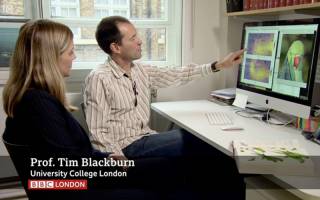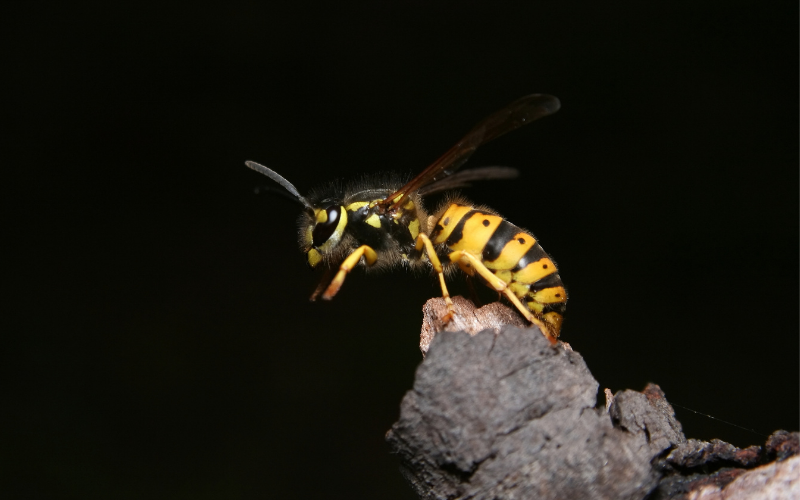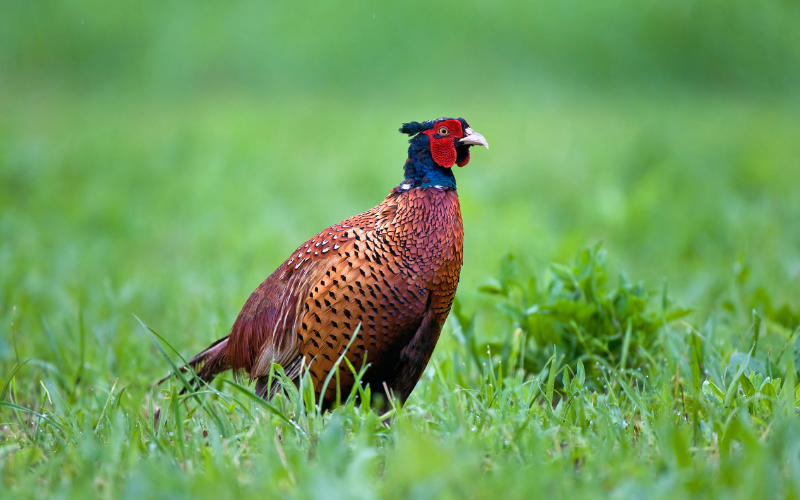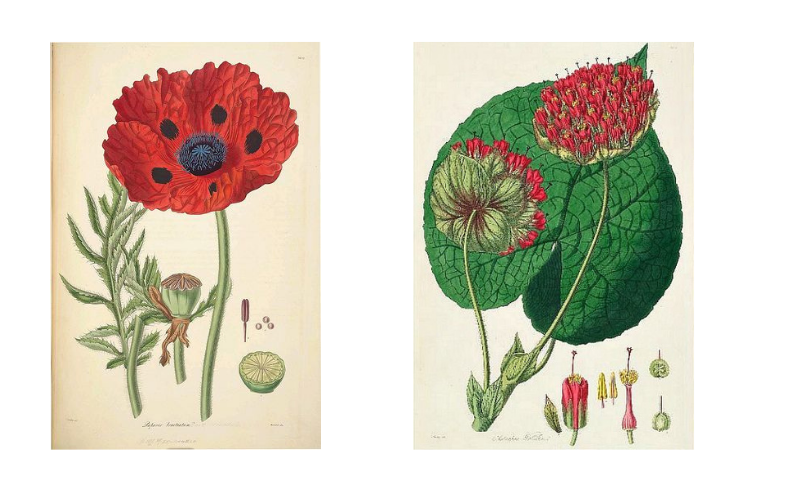Impacting Policy
CBER researchers work closely with governments, NGOs and stakeholders to influence policy, and to promote a transition to a survivable future, where social and ecological justice depends on organising human economies as a part of nature, rather than in opposition to it.
The UCL Centre for Biodiversity and Environment Research (CBER) influence on policy spans our three research themes.
1. Consequences of Biodiversity Loss
2. Environmental Change and Biodiversity
Impacting Policy: Consequences of Biodiversity Loss
In April a new report by UCL academics and released by HSBC UK states that farmed need to be prepared to take action now in order to achieve Net Zero in the agriculture sector by 2050. The report entitled, UK Agriculture: Pathways to Net Zero was led by Dr. Carole Dalin (Institute for Sustainable Resources) examines the importance of reducing net agriculture emissions of greenhouse gases and how farmers can achieve this through changes to management.
The research shows that a long-term focus on sustainability is needed and farmers must have a better understanding of their farm’s sustainability performance. You can find more information via our news page and access the report.
In September 2020, the IUCN launched a global standard for classifying the severity and type of impacts caused by alien species, known as the Environmental Impact Classification for Alien Taxa (EICAT), originally developed by Professor Tim Blackburn.
This tool will alert scientists, conservation practitioners and policy makers to the potential consequences of invasive alien species, guiding the development of prevention and mitigation measures. You can find more detailed information here.
Recent Papers
Impacting Policy: Environmental Change and Biodiversity
Human populations are growing in size and affluence, increasing demand for food and its land requirements. This increasing pressure on the natural environment is expected to continue in coming decades, with real-world consequences for human wellbeing. Trade-offs between agricultural land use and biodiversity conservation need to be managed to build nations that are healthy and food secure, whilst conserving biodiversity.
One such trade-off is the dislocation of production and consumption, and the resulting lack of consumer awareness of the environmental impacts of their food choices. Dr Abbie Chapman and Dr Charlie Outhwaite have successfully received funding from UCL Grand Challenges and Global Engagement Offices to ‘Investigate the global impact of some of the nation’s favourite foods to promote ‘SDG-friendly’ consumer behaviours for individual and societal wellbeing’ in the context of UCL’s institutional strategic commitment to the United Nations Sustainable Development Goals.
They will work with a team of interdisciplinary researchers from across UCL and other UK and European institutions to develop indicators of biodiversity impact for the UK’s most popular foods.
The biscuit project aims to conduct an interdisciplinary analysis, pooling expertise in land-use, resource, climate, economic, and biodiversity modelling, to: i) develop easy-to-interpret indicators of the environmental impact of the major crops used in biscuits ii) quantify and compare the global environmental impacts of two types of biscuit; and iii) build a strategy for communicating the relative impacts of these foods, to inform sustainable decision-making.
Find out More
Impacting Policy: Limits to Adaptive Change
PhD student Carolyn Thompson was invited to virtually attend an action planning workshop organised by Fauna & Flora International Vietnam for the Cao vit gibbon (Nomascus nasutus). With only 130 individuals remaining, the Cao vit gibbon is one of the world’s rarest primates.
Approximately 70 experts were invited to share their knowledge and expertise to ensure the survival of the species. Experts were mainly from China and Vietnam as the Cao vit gibbon is a transboundary species whose population straddles the China-Vietnam border.
 Close
Close



